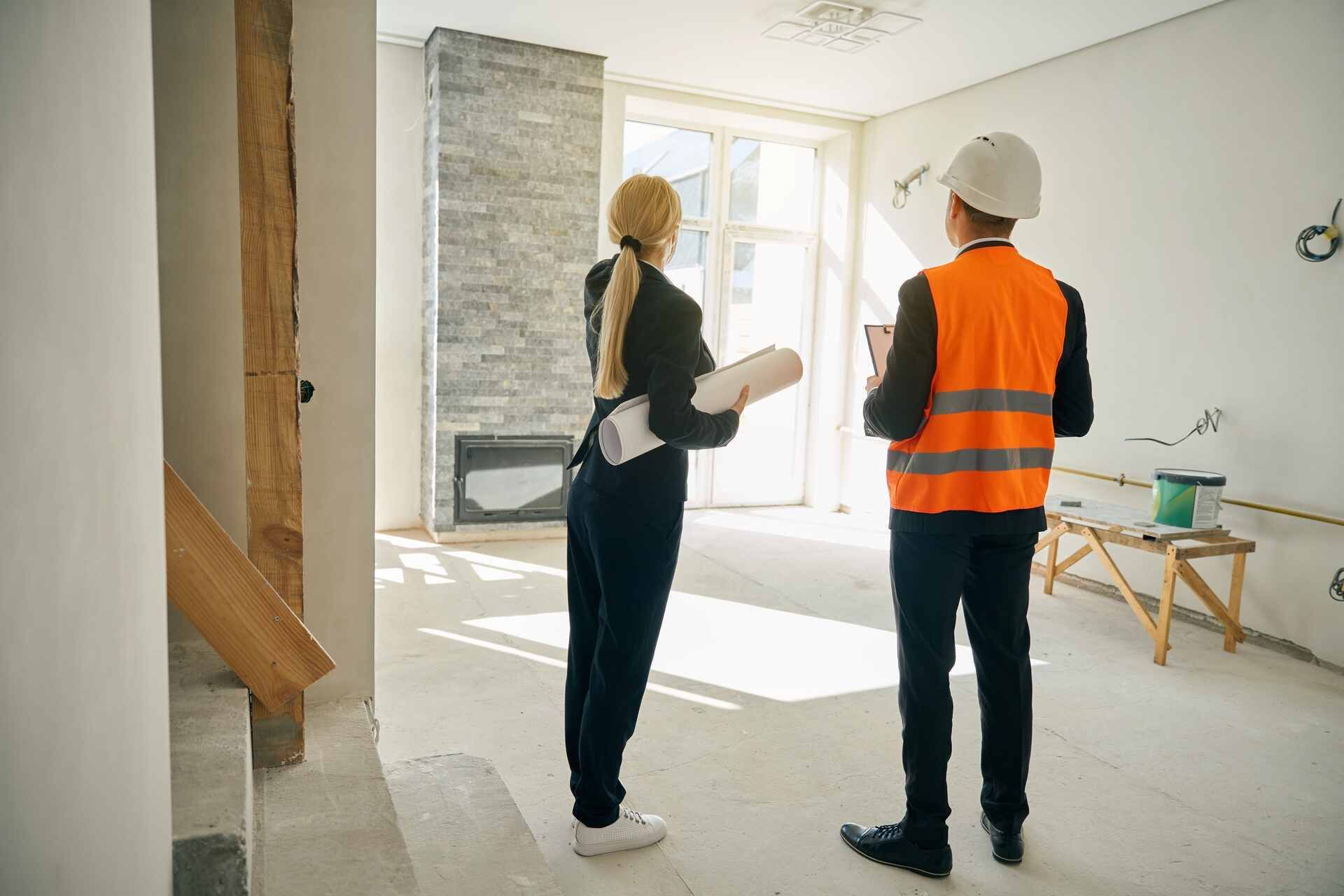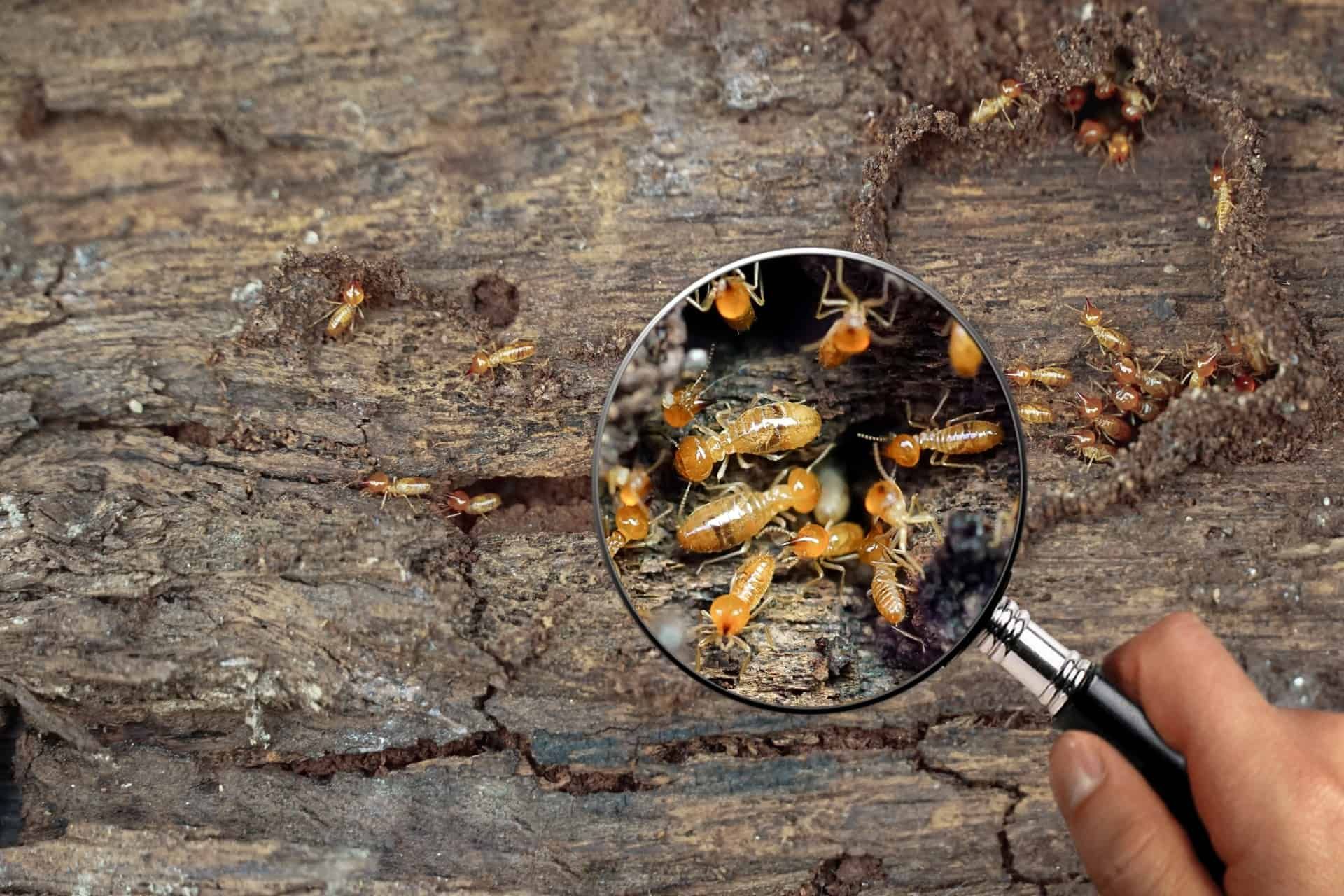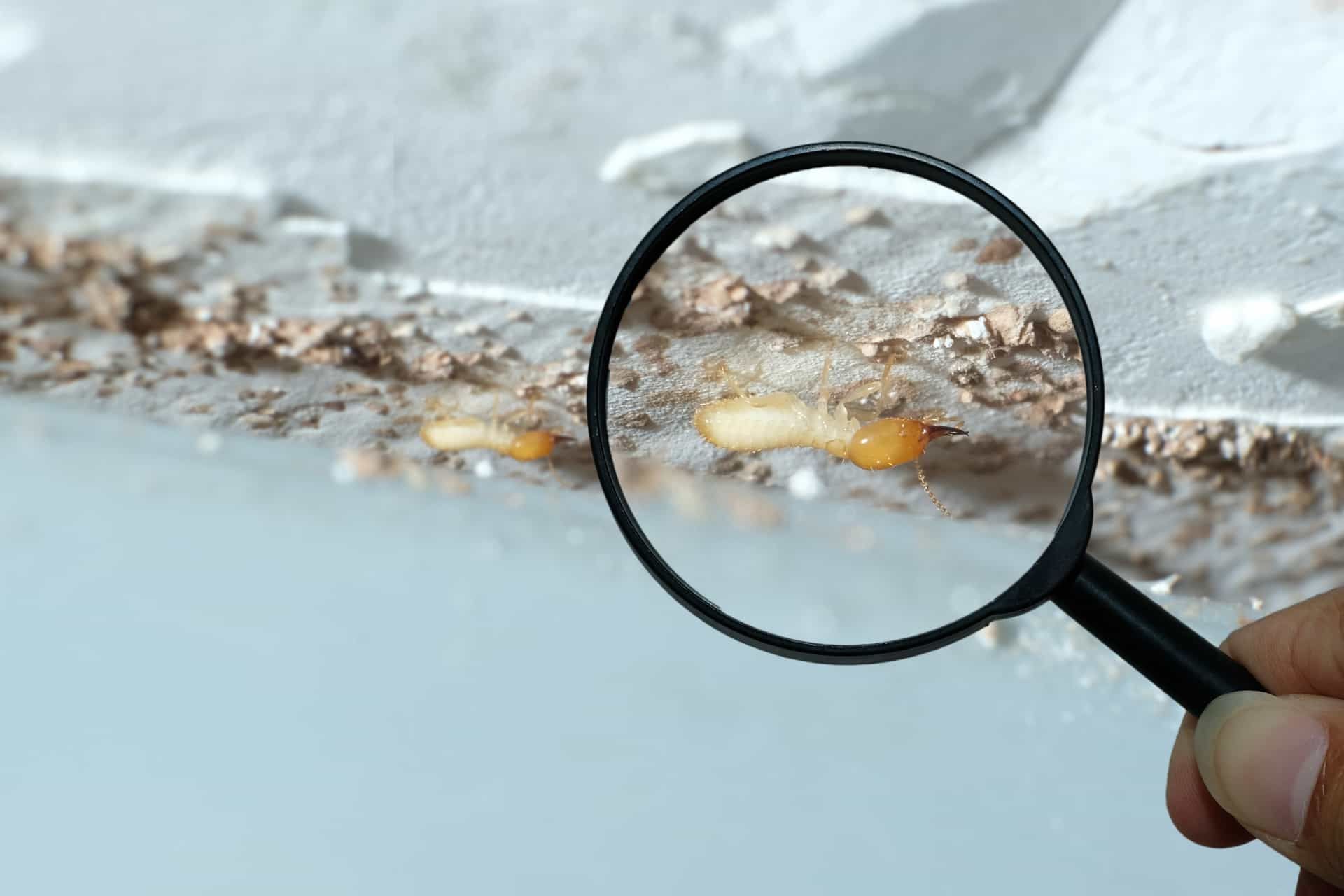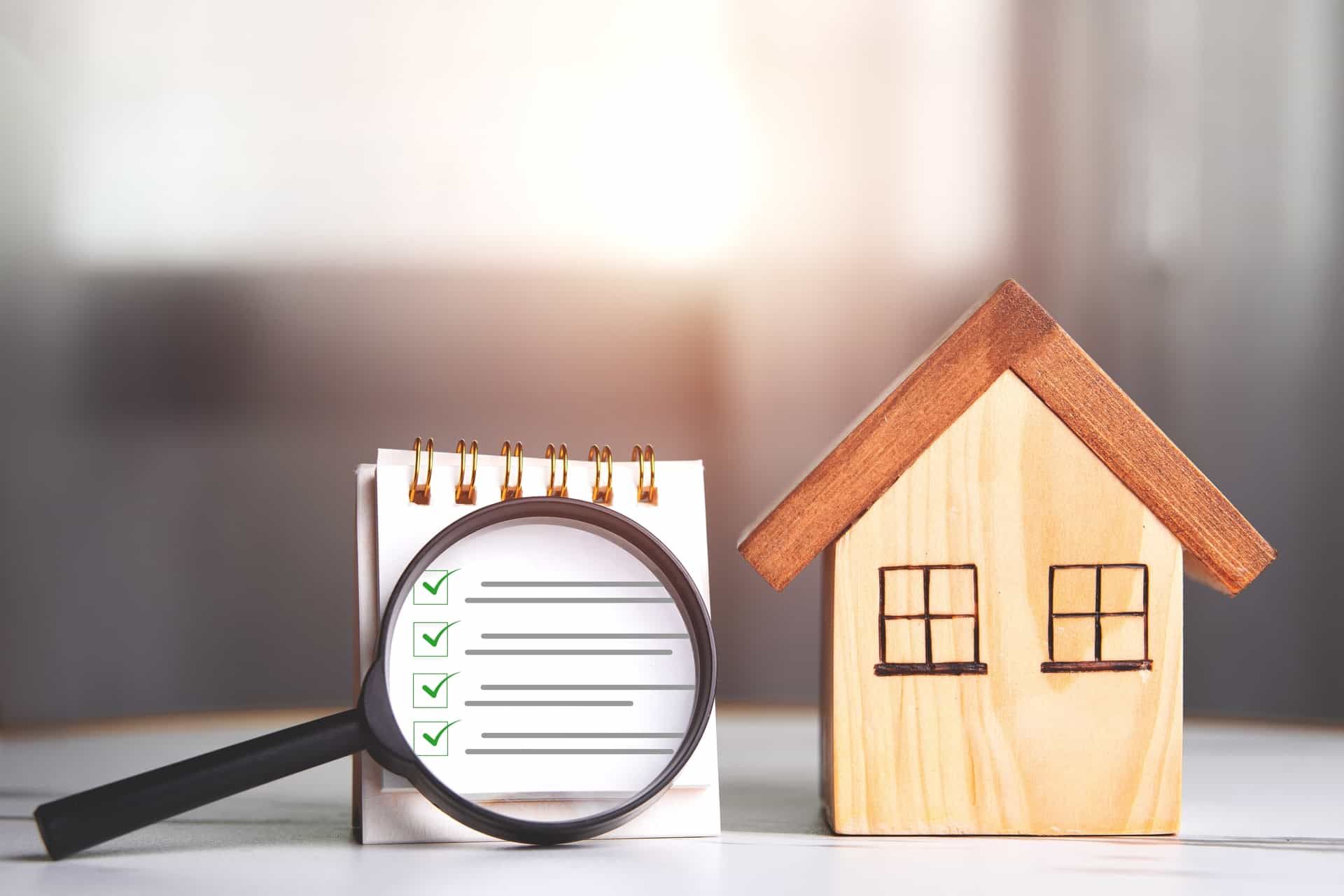Termite Inspections in Washington D.C.
Termites can cause severe damage to homes, making it essential to get regular termite inspections, especially if you live in a high-risk area like Washington, D.C. This article answers some common questions about termite inspections and why they are essential.
What Are Termite Inspections?
Termite inspections are professional assessments of a property to check for any signs of termite activity or damage. A trained inspector will look for visible evidence of termites, such as damaged wood, mud tubes, or discarded wings. They may also use special tools to detect termites hiding behind walls or under floors.
Why Are Termite Inspections Important in Washington, D.C.?
Washington, D.C., is known for its humid climate, which is ideal for termites. Termites thrive in moist environments, making homes in D.C. more vulnerable. Regular
termite inspections can help detect an infestation early, preventing costly damage. Termites can quietly eat away at your home's structure without inspections, causing thousands of dollars in repairs.
How Often Should You Get a Termite Inspection?
Getting a termite inspection at least once a year in Washington, D.C. If you have had a termite problem in the past, more frequent inspections might be necessary. Even if you don't see any signs of termites, an annual check can provide peace of mind and protect your home.
What Do Inspectors Look for During a Termite Inspection?
During a termite inspection, inspectors look for:
- Mud Tubes: Termites build mud tubes to travel from the soil to your home.
- Damaged Wood: Inspectors will tap on wood surfaces to check for hollow sounds or signs of termite damage.
- Termite Droppings: These look like tiny wood-colored pellets and are often found near damaged areas.
- Swarmers: Winged termites, known as swarmers, signify that a colony might be nearby. Inspectors use their expertise to identify these signs and assess the extent of any damage.
What Happens If Termites Are Found During an Inspection?
If termites are found during an inspection, the inspector will provide a report detailing the extent of the infestation. They may recommend treatment options like liquid barriers, bait systems, or localized treatments. It's crucial to address the problem quickly to prevent further damage. Some inspectors may also offer follow-up inspections to ensure the treatment was effective.
How Long Does a Termite Inspection Take?
A typical termite inspection in Washington, D.C., takes about an hour and a half. The time may vary depending on the size of the property and the level of accessibility. Large homes or properties with difficult-to-reach areas might take longer to inspect. However, the investment in time is worth it to safeguard your home from potential damage.
A
home inspection can also help identify other issues, giving you a comprehensive assessment of your property’s condition and ensuring peace of mind.
Are Termite Inspections Required When Buying a Home?
Many lenders in Washington, D.C., require a termite inspection before approving a mortgage, especially for older homes or homes in high-risk areas. Even if it's not mandatory, getting a termite inspection when buying a home is brilliant. It can uncover hidden issues that might affect the home's value or lead to expensive repairs.
How Can You Prepare for a Termite Inspection?
Preparing for a termite inspection is simple:
- Clear Access: Make sure inspectors can easily access areas like the basement, attic, and crawl spaces.
- Remove Clutter: Remove any storage items that might block the inspector's view of walls and floors.
- Trim Vegetation: If you have plants or shrubs near your home's foundation, trim them back so the inspector can check for exterior signs of termites.
How Can You Prevent Termites in Washington, D.C.?
Prevention is vital when it comes to termites. Here are some tips to help keep termites away:
- Reduce Moisture: Fix any leaks and ensure proper drainage around your home to keep the area dry.
- Seal Cracks: Seal any cracks or gaps in your foundation and walls to prevent termites from entering.
- Store Wood Properly: Keep firewood and other wooden materials away from your home's foundation.
- Schedule Regular Inspections: Annual termite inspections can help catch early signs of an infestation before it becomes a big problem.
Can You Handle a Termite Problem on Your Own?
While DIY termite treatments are available, it's best to rely on professionals for a thorough inspection and treatment plan. Termites can be difficult to spot, and treating an infestation requires specialized knowledge and tools. Professional inspectors can identify the specific type of termite and recommend the most effective solution to eliminate them.
What Should You Do If You Suspect Termites?
Suppose you notice signs of termites, such as hollow wood, mud tubes, or swarmer. Contact a professional termite inspection service to assess the situation. Early detection can prevent more extensive damage and save you time, money, and stress.
Schedule a professional termite inspection in Washington, D.C., today with
Protec Inspections to keep your home safe from termite damage!
Disclaimer: The information on this website and blog is for general informational purposes only and is not professional advice. We make no guarantees of accuracy or completeness. We disclaim all liability for errors, omissions, or reliance on this content. Always consult a qualified professional for specific guidance.





